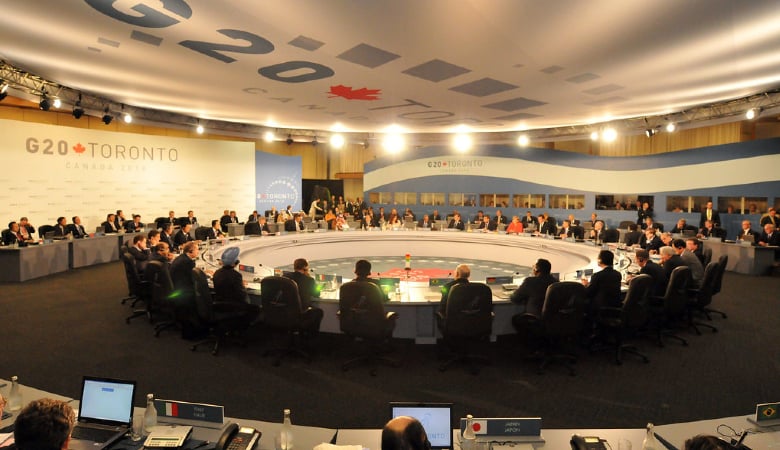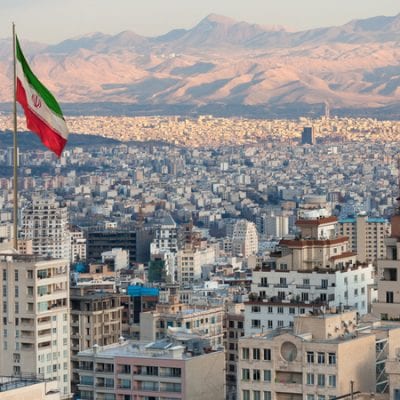G20 Global Solutions Summit focuses on stabilizing world economy amid Covid-19 challenges

On Thursday, G20 nations held the 4th Global Solutions Summit with the key agenda to initiate reforms in the global trading system and stabilize the world economy. The 2020 Global Solutions Summit, is the annual gathering of high-ranking G20 representatives, which was conducted virtually this year due to the COVID-19 pandemic.
The digital summit was joined by trade and investment ministers, policymakers, researchers and business leaders from G20 countries including Gabriel Felbermayr of the Kiel Institute for the World Economy, the Paris Peace Forums’ Pascal Lamy, Susan Aaronson of CIGI and German Minister for the Economy Peter Altmaier. The meeting was chaired by saudi Commerce Minister Majid Al-Qasabi and Investment Minister Khalid Al-Falih.
In his key note speech, Dennis J. Snower, president of the Global Solutions Initiative, said, “The COVID-19 pandemic shows us the importance of recognizing the true purpose of all our businesses and economies, our political parties and governments, our local civic associations and our international organizations, our conventions and ideologies, and all our other systems: namely, to serve human needs and purposes.”
Peter Altmaiter emphasised on the need to build resilient global supply chains. During his keynote address he said, “We must protect our rules-based trading system from backlash due to the coronavirus.” He added, “It is unrealistic to assume that had trade barriers been in place, we would have been better prepared.”
PIIE’s Anabel Gonzalez emphasised that it was imperative to remove tariffs on coronavirus-related products and criticised the export bans and restrictions imposed by various nations, especially during the ongoing global health crisis. She said that such restrictions would create gaps in supply chains and shut trade links on medical and other essential supplies.
David Sloan Wilson of Binghamton University said that the pandemic unveiled our prevalent inequalities, which made globalism appear more as a bane than a boon. He said, “Globalism in its current form has led to inequities we are very familiar with. It is understandable why people would reject that form of globalism,” Wilson added that it was time to rethink the basis of our macroeconomic policies. Lamy argued that the issue was not globalism but capitalism. He suggested that we should rebuild our system centring humanistic values and make way for “reform in global capitalism in order to increase more room for public goods, such as health, environment and others.”




